Morning After Pill Now Available to All
05 Apr, 2013
A federal judge on Friday ordered the U.S. Food and Drug Administration to make “morning-after” emergency contraception pills available without a prescription to all girls of reproductive age and criticized the Obama administration for interfering with the process for political purposes.
The ruling in a Brooklyn court is the latest step in the years-long legal saga over the pill known as “Plan B,” a drug that has also sparked political and religious battles. Reproductive-rights groups cheered the decision as overdue, while anti-abortion and some religious groups condemned it.
The order reverses a surprise December 2011 decision by U.S. Health and Human Services Secretary Kathleen Sebelius. After the FDA decided to approve over-the-counter sales with no age limits, Sebelius ordered it to reverse course, barring girls under 17 from buying the pills without a prescription.
President Barack Obama supported that restriction, invoking his daughters. But the timing, 11 months ahead of the presidential election, sparked criticism that he was trying to placate social conservatives.
In his ruling, U.S. District Judge Edward Korman called Sebelius’s decision “arbitrary, capricious and unreasonable.”
“The motivation for the secretary’s action was obviously political,” he wrote.
Scientists and activists who have long been involved in emergency contraception reached the same conclusion about Sebelius’s 2011 decision.
“I thought it was an act of cowardice,” said Dr Michael Greene, professor of obstetrics and gynecology at Harvard Medical School and a long-time adviser to the FDA. “It was during the run-up to the 2012 election, and the administration didn’t want the Republicans to beat them over the head with this” during a campaign when Obama was trying to appeal to middle-of-the-road voters.
Because physicians and doctors advising the FDA had concluded that the morning-after pills were safe for younger adolescents and did not cause promiscuity, critics saw Sebelius’s decision as an instance of politics trumping science – something that particularly riled activists who had been led to expect otherwise.
“In the first days of the administration in 2009, we were told that this White House would make science- and fact-based decisions,” said Jon O’Brien, president of Catholics for Choice, which supports abortion rights. Ordering the FDA to keep age restrictions on access to emergency contraception “was an exact example of a politically motivated decision, which makes it even more shameful.”
The politicization of emergency contraception has led to speculation that Friday’s decision did the Obama administration a favor.
“This may be a free pass for them,” said Lars Noah, a professor at the University of Florida College of Law. “You can say, ‘our hands were tied, we were forced to cave in.'”
“Whatever the political calculus is, I’d be shocked if they appealed this,” he continued. “They are probably just going to walk away from this one, and maybe thank their lucky stars this is how they got to the right outcome.”
White House press secretary Jay Carney said on Friday that Obama maintains his backing for the Sebelius decision.
“The president supported that decision after she made it,” Carney told reporters, adding, “and he supports that decision today. He believes it was the right common sense approach to this issue.”
An HHS spokesman referred calls to the Justice Department, which said it was reviewing the ruling.
Mentioned In This Post:
About the author
Related Posts
-
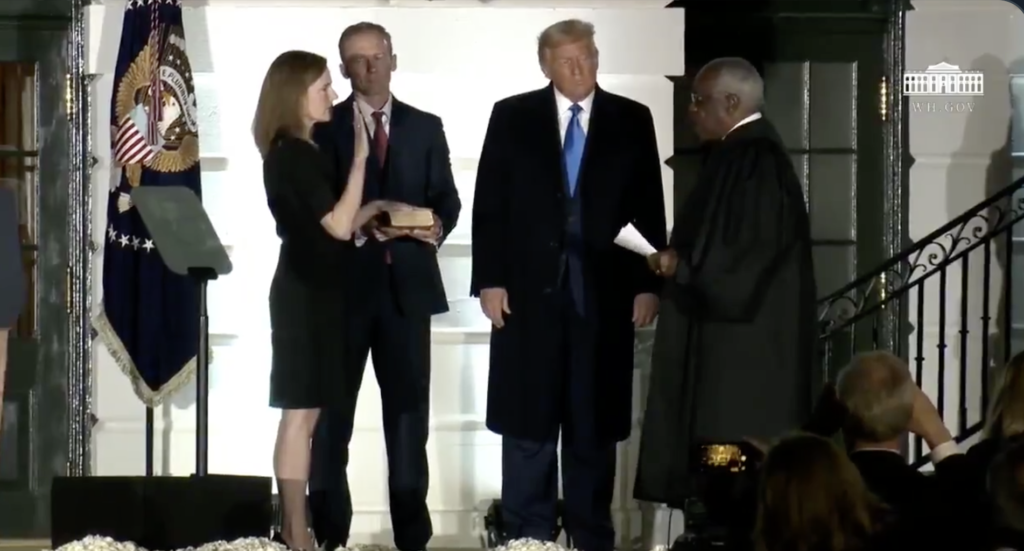
Like it or Not, Amy's In.
-

Rest In Peace RBG
-
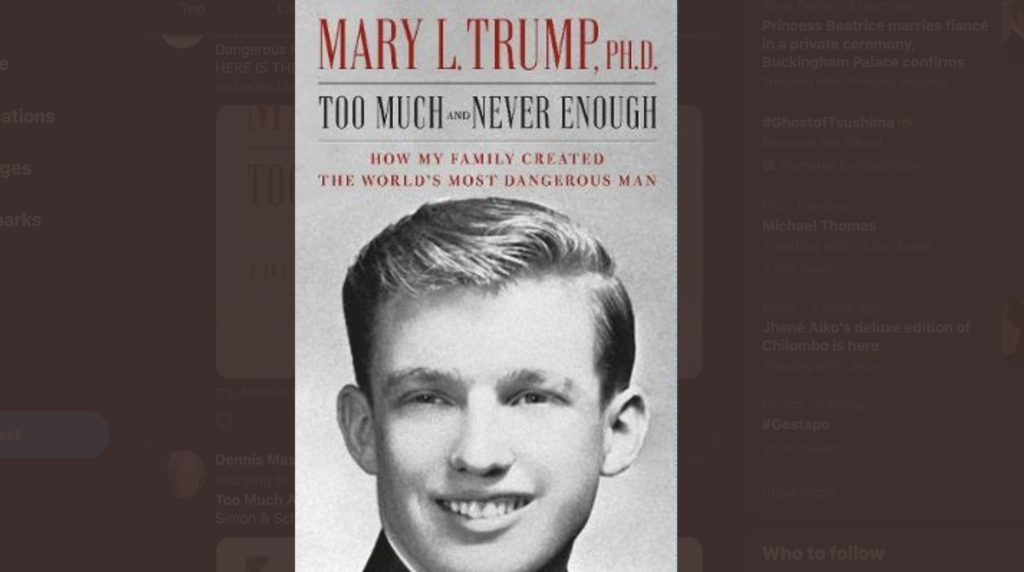
Mary Trump's Book is Breaking Records
-
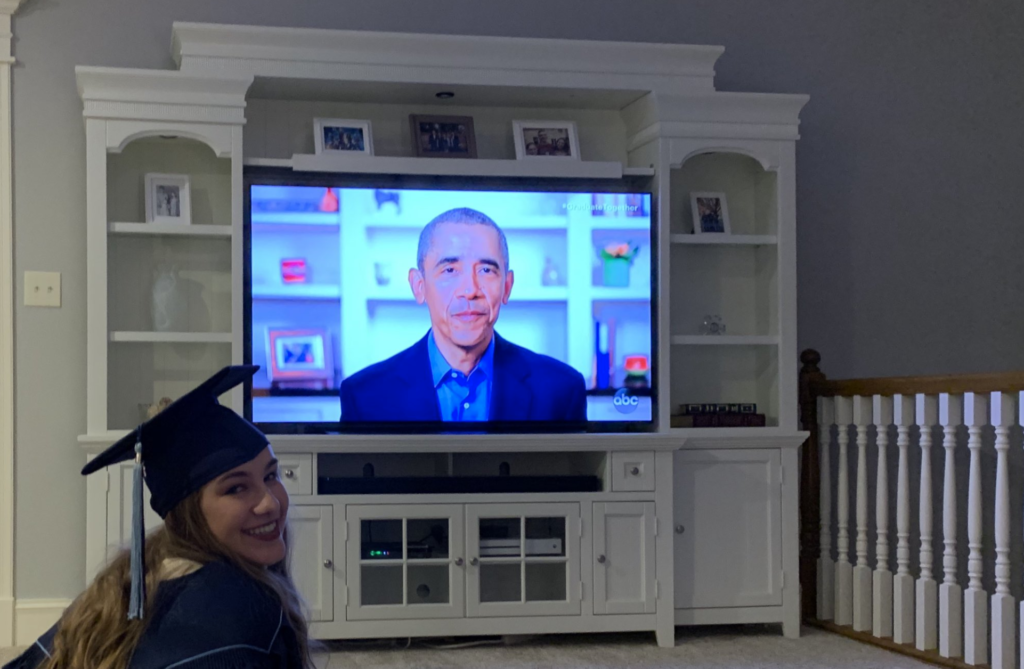
Thank You Mr. President
-

Anti-Lockdown Protests Are A Thing Now
-
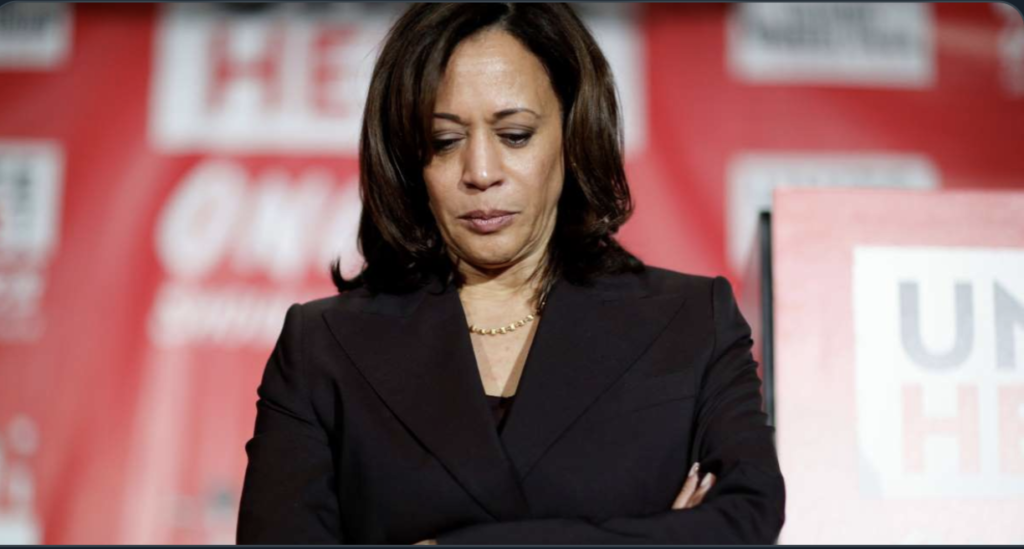
Kamila Is Out of 2020 Race
-

There's a New Hero in Town to Fight Against Bullying
-
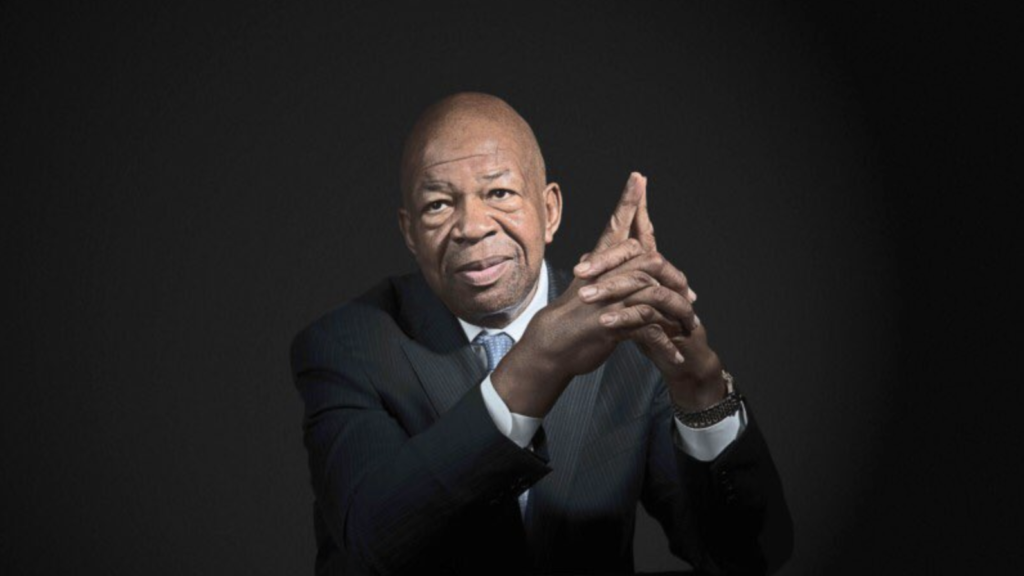
Congressman Elijah Cummings Has Died
-
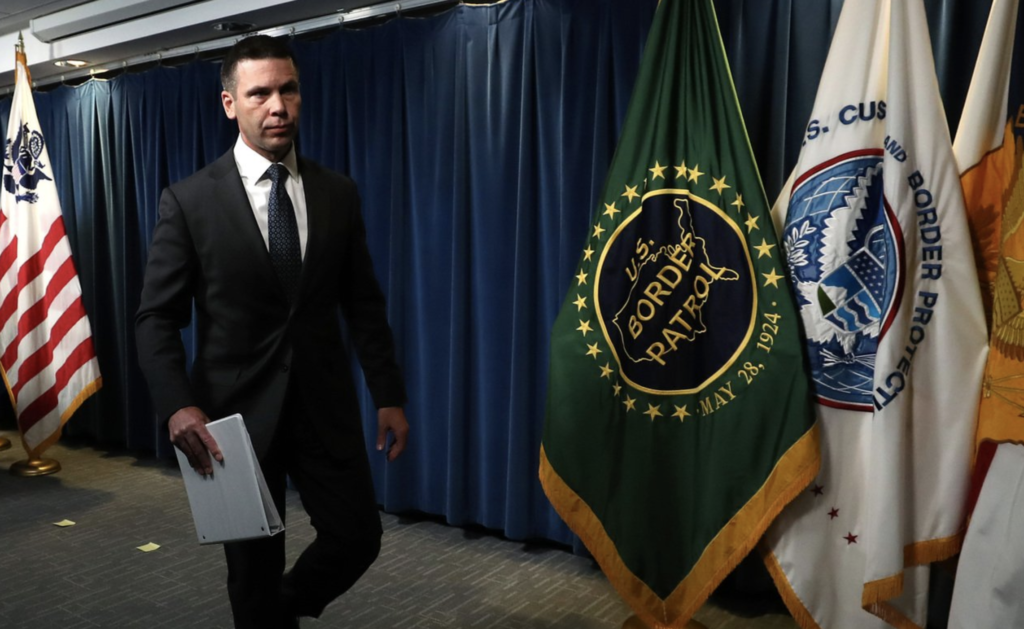
What A Surprise, Another Person Is Running From Trump
-
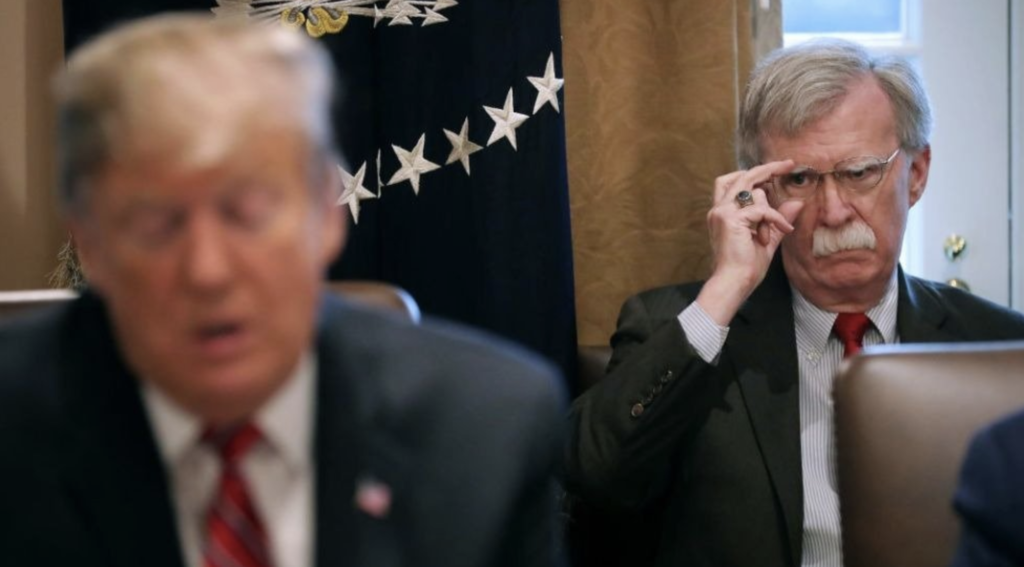
White House Survivor Claims Another Advisor









